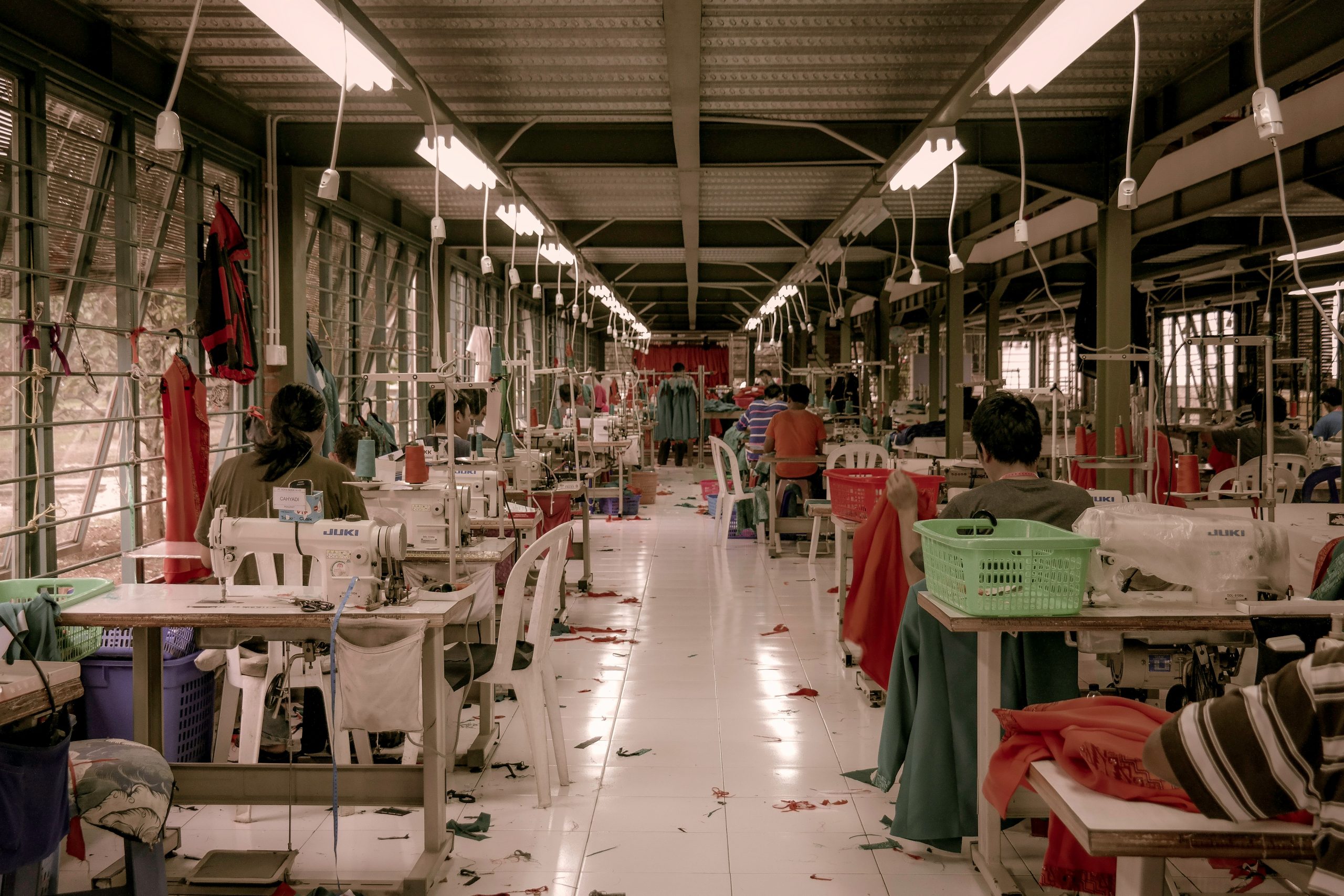We commemorate: 11 years after Rana Plaza
Today, 24 April 2024, marks the eleventh anniversary of the catastrophic and devastating collapse of the Rana Plaza textile factory near Dhaka, Bangladesh. The disaster is a tragic reminder of what can happen if occupational safety standards are not being upheld.
The incident occurred on 24 April 2013. Over one thousand individuals working in the building at the time, the majority of whom were women, lost their lives on that day. In addition, approximately two thousand individuals were injured. Many of those that survived live in extreme poverty today. Cracks in the masonry of the building had already been noticed some time before the collapse, but no measures had been taken to protect the workers. The Rana Plaza incident initiated a global debate on the poor and even life-threatening working conditions within the textile sector in Bangladesh and the entire Global South. In many of the affected factories, large (European) fashion companies, including C&A, Primark and KiK, or their suppliers, produced their goods for export. Just a few days after the collapse, on 15 May 2013, the “Accord on Fire and Building Safety in Bangladesh” was signed and a number of textile factories were inspected for compliance with international labour standards. The so-called “Bangladesh Accord” is a legally binding agreement between global brands and retailers, IndustriALL Global Union and UNI Global Union as well as eight of their member unions in Bangladesh. Originally limited to a five-year term, the agreement was extended by a further three years in 2018. In 2021, it was replaced by the “International Accord for Health and Safety in the Textile and Garment Industry.” The signatories have pledged to work towards the establishment of a safe and healthy garment and textile industry in Bangladesh. In 2023, they also agreed to establish a new, initially three-year occupational safety programme in Pakistan. The basis for this is the “Pakistan Accord on Health & Safety in the Textile and Garment Industry” (or “Pakistan Accord” for short).
Still, working conditions remain precarious in many countries of the Global South, but also in some countries on the European continent (e.g. Belarus, Turkey). For women in particular, exploitation and massive underpayment are part of everyday working life; a lack of or too low a minimum wage, massive overtime and disregard for the right to form trade unions and associations are commonplace in many companies in favour of favourable production conditions. This has a detrimental impact on a number of fundamental rights, including the right to fair and decent working conditions, the right to just and satisfactory remuneration that ensures a dignified existence for everyone and their families, as well as the right to form and join trade unions to protect their own interests.
As part of its programme line “Sustainability, Development, Economy and Social Affairs” (NEWS), the Ludwig Boltzmann Institute of Fundamental and Human Rights (LBI-GMR) currently conducts research into compliance with human rights and international labour standards in supply and value chains, among other things. In collaboration with the Institute for Sustainability, Corporate Law and Reporting (INUR) at the University of Cologne, the LBI-GMR is engaged in a study, sponsored by the Vienna Chamber of Labour, that examines the human rights and environmental due diligence of companies in the supply and value chain.
